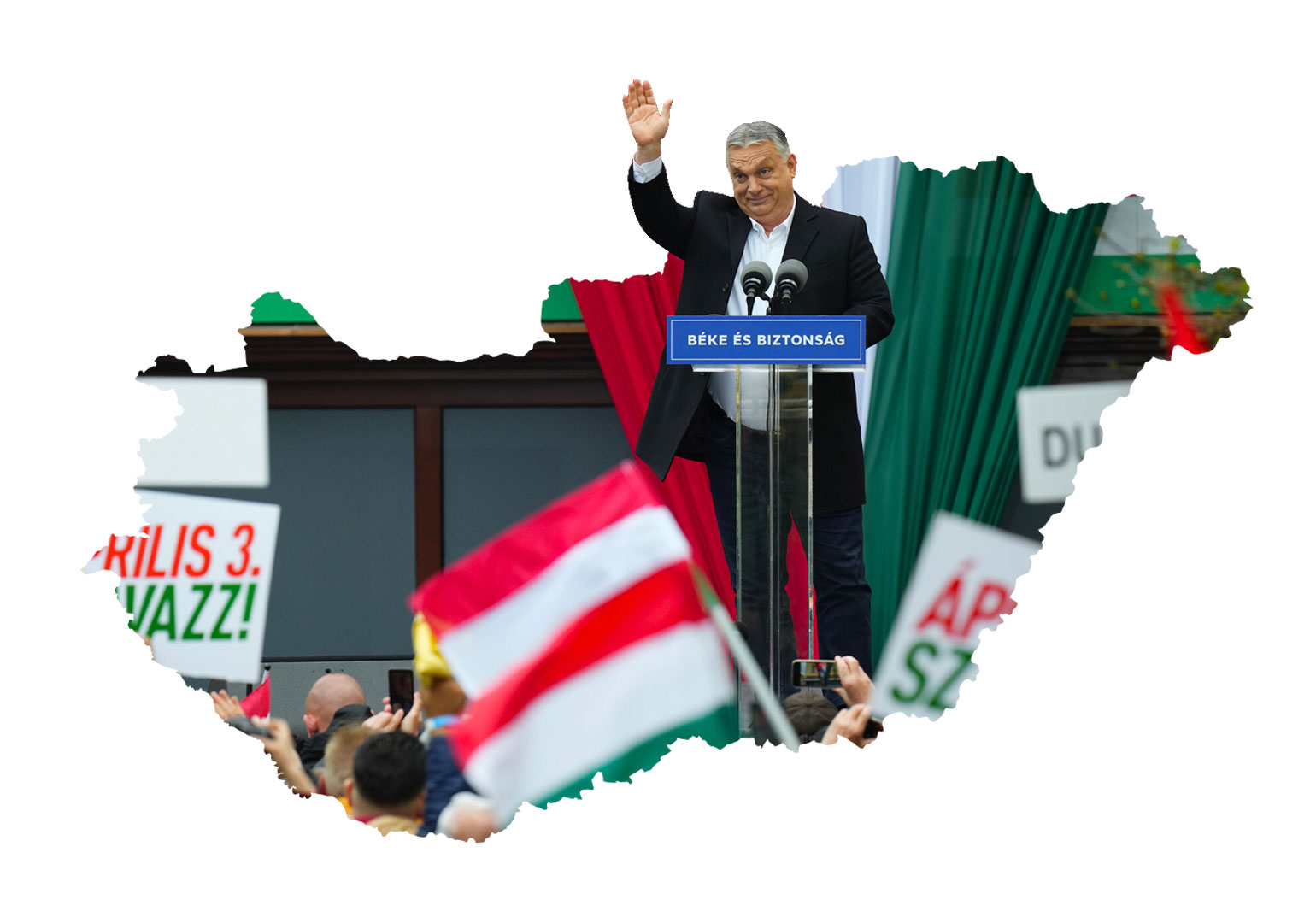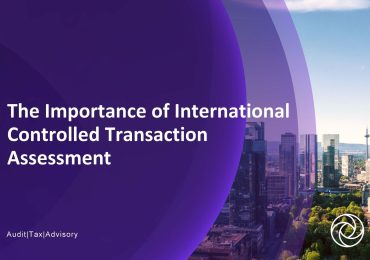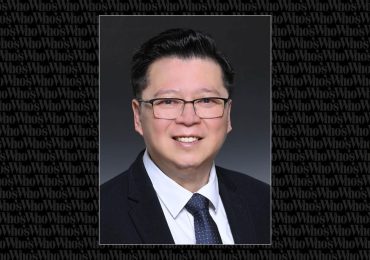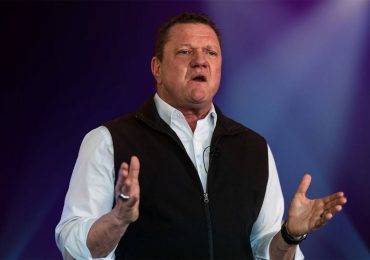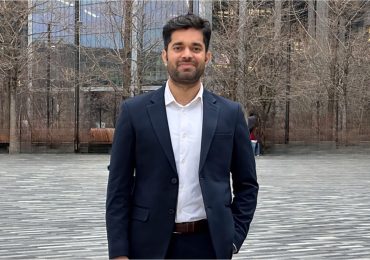On April 3 for the fourth time in a row, Hungarian Prime Minister Viktor Orban’s far-right Fidesz party won more than two-thirds of the seats in the Hungarian parliament. The election of Orbán as Prime Minister of Hungary in 2010 and the changing of the country’s constitution started a new period of suffocation of democratic institutions and the rule of law in Hungary. Thus, this central European country, which once strived toward liberal democracy, found itself slowly falling prey to the rise of authoritarianism. In 2019, Freedom House downgraded its freedom index in Hungary to ‘partly free’ due to the government’s ‘sustained attacks on the country’s democratic institutions.’ Hungary appeared side-by-side with Serbia and Montenegro, which are not members of the EU. With the supermajority in the recent election, Orban can continue to amend the constitution at will, and further undermine democracy in Hungary.
The victory of Fidesz in the election of the ongoing Russian aggression in Hungary’s neighbouring country, Ukraine. Initially, Russia’s invasion of Ukraine embarrassed Orban, who in early February had visited Russian President Vladimir Putin to seek and negotiate to import Russian gas at a cheap price to appease voters. Even though Orban has always been Putin’s close friend, the war in Ukraine made it difficult for him to sustain his friendship. The opposition demanded the government support Kyiv and act in unison with the European Union and NATO. Yet pro-government media claimed that the opposition wanted to drag Budapest into the conflict. Orban, a longtime ally of Putin, has insisted that Hungary had to remain neutral and maintain its close economic ties with Moscow. During his election campaign, Orban emphasised that supplying Ukraine with weapons would make Budapest Russia’s new military target and that sanctioning Russian energy imports would cripple Hungary’s own economy. The Hungarian government also advocated the so-called “Hungary First” narrative, and not taking sides, it forbade the transit of weapons from NATO states through Hungarian territory to Ukraine. Orban also offered to be a peacemaker but at the same time kept accusing the opposition of wanting to drag the country into war. In the meantime, the Hungarian government emphasised that Ukraine had enacted a law requiring Ukrainian to be spoken in all state institutions and abolished the system of bilingual schools, including those just over the Hungarian border that taught ethnic Hungarians. Orban insisted that Hungary did not have to defend Ukraine when it had not defended ethnic Hungarians.
Hungary’s electoral playing field is significantly tilted against the opposition. In 2010, Orban amended the Constitution to halve the number of MPs in the parliament. At the same time, electoral districts were redrawn with no input from the opposition, and it spread Fidesz voters across many small districts in rural areas while concentrating opposition voters in much larger districts in the cities, thus reducing the chances of opposition parties. In 2014, after the remapping of districts, Orban’s party received 45 per cent of the vote and 91 per cent of the districts. According to the Hungarian electoral system, 106 of the seats are awarded through single-member districts, while the other 93 are awarded through a nationwide electoral list.
Orban’s unfavourable electoral reform led opposition parties to cooperate. Once the opposition presented a single strong candidate against the Fidesz contender, Orban’s haul of district seats showed a downward trend. Confronted by a united opposition, Orban changed the rules again and introduced “voter tourism,” allowing any Hungarian citizen to legally register to vote in any district. Before the election, it was reported that voters were strategically shuffled. Monitors documented minibuses delivering clusters of voters to polls.
Orban’s control over the broadcast and print media landscape is immense and the opposition can hardly get its message out. Since 2010, Orbán’s incumbent party started to systematically dismantle media independence, freedom and pluralism. Thus, the government obtained an unusually high degree of media control in comparison to other EU states. These moves ultimately served as a means of forming a pro-government media ‘empire’, which largely restricted public access to critical and reliable information. In 2018, the incumbent party established the Central European Press and Media Foundation (CEPMF) in order to unite almost all pro-government media outlets within a single framework. These media outlets are financially supported by pro-government businessmen, with the aim to ‘defend’ Hungarian national identity. In contrast, critical media is often labelled as the tool of “Hungary-haters”, foreign agents and traitors. In addition, prior to the election, Fidesz allocated almost 10 times more funding on billboards than the opposition, exceeding legal campaign finance limits on billboards alone. However, Fidesz has repeatedly escaped enforcement of campaign finance rules, while other parties have been getting fines.
Orban’s government uses its incumbency to blur the lines between state and party. To guarantee votes from various social groups, prior to the election, the ruling party exempted young people from paying personal income taxes, increased the minimum wage and paid retirees an additional month’s pension. Against the backdrop of inflation, the government also froze mortgage interest rates, food prices and fuel costs. These social benefits, delivered in the run-up to the election, probably swayed voters who were on the fence.
The recent election in Hungary has shown that democratic backsliding is to continue in the country and importantly in an EU member state. Voices often blame the EU for inaction, although it is obvious that liberal democracy has long begun to suffer on a global scale. The fact that an EU member state now actively distances itself from democracy significantly undermines the organisation’s unity and its international image necessary for promoting and defending democratic values elsewhere in the world.
